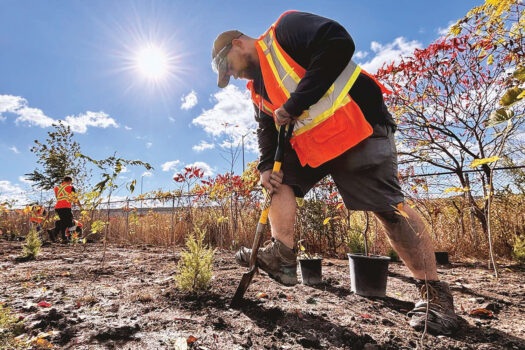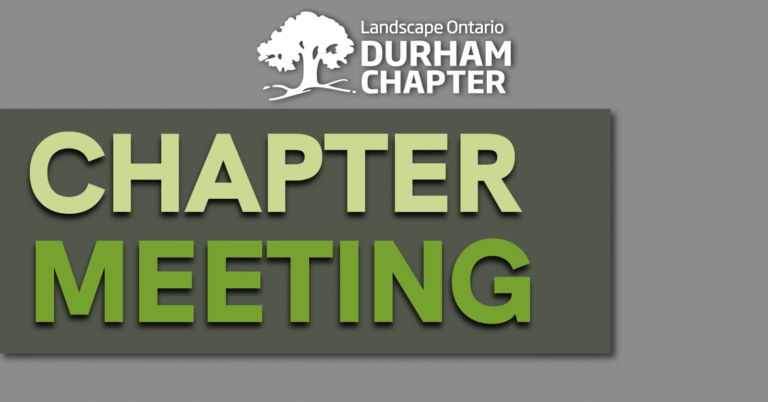Attendance numbers put smiles on the faces of organizers at the annual Ontario Turfgrass Symposium (OTS) held on Feb. 23 and 24 at the University Of Guelph.
Organizers say it was the largest attendance at an OTS since the program returned to the main university campus several years ago.
Opening day saw talks by Dr. François Hébert, University of Guelph, on the efficiency of corn gluten meal inhibiting the germination and survival of weeds and Pam Charbonneau of OMAFRA who gave trial results on two new broadleaf herbicides, Fiesta and Organosol.
Other talks the opening morning were by Cynthia Siva and Kathleen Dodson, both of the University of Guelph.
Panel discussions included such topics as artificial turf and how municipalities are managing the cosmetic pesticide ban. Talks continued in the afternoon with Dr. Katerina Jordan, University of Guelph, on tips and tools to survive the pesticide ban and by Dr. Ken Carey, Guelph Turfgrass Institute, on what his group had learned about Fiesta. Other areas on Feb. 23 included sports fields and golf courses.
The Feb. 24 schedule included new technologies in turf irrigation, overseeding, solarization or steam as a renovation technique for home lawns, a review of non-pesticide based cultural practices; ideal conditions for handling and applying nematodes; update on trials to assess microbial biocontrol agents and other biological materials for chinch bugs; and the issues of voluntary guidelines for sustainable practices.








